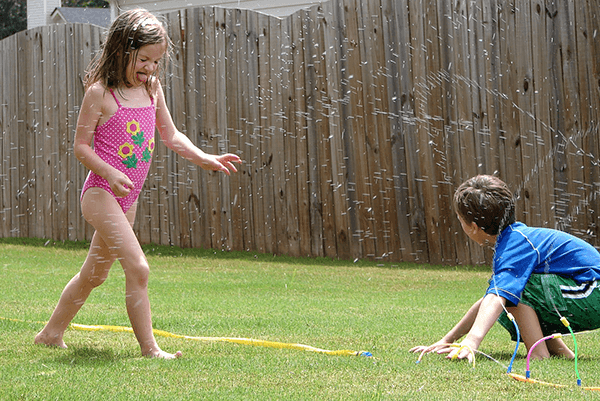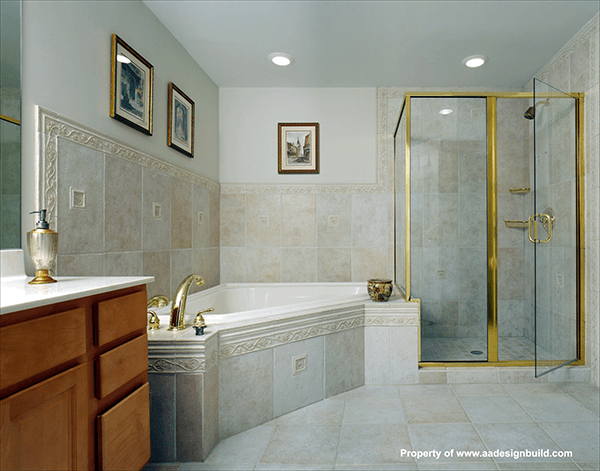Does My Home Plumbing Need To Be Inspected This Year?
Most homeowners are aware that their heating and cooling systems require annual inspection and servicing, but did you know that your domestic plumbing system—whose ‘season’ is every day of the year!—will benefit from a thorough annual look? Let’s learn more about what our professional Boulder plumbers do in an annual home plumbing inspection, and why this is important:
Don’t Get Sunk By Surprises!
 Sinks, tubs, showers, and toilets should be inspected regularly so that you can spot relatively minor problems and address them before they get out of hand and become much larger issues. Small leaks or cracks typically don’t go away on their own, and eventually they’ll come back with a vengeance—not to mention, wasted water equals wasted money!
Sinks, tubs, showers, and toilets should be inspected regularly so that you can spot relatively minor problems and address them before they get out of hand and become much larger issues. Small leaks or cracks typically don’t go away on their own, and eventually they’ll come back with a vengeance—not to mention, wasted water equals wasted money!
Washing machine hoses are one of the top causes of flooding in homes, along with water heaters. Often, you are given little warning before water suddenly starts collecting on the floor of your mechanical or laundry room. A thorough inspection could potentially identify these approaching issues before they occur.
Feeling The Pressure?
Did you know that the water entering your home from your local water district often needs to have the pressure reduced before it’s distributed throughout your plumbing system? Most homes have what’s called a whole house regulator or ‘pressure reducing valve’ (PRV) to handle this important job. These regulators have a limited lifespan and also can fall out of adjustment. High water pressure can cause leaks and damage water fixtures and appliances on all levels of your home. Every home should have a properly functioning PRV, which can be professionally tested during an annual inspection.
In The Bathroom…
The bathroom is usually not the first room in your home that comes to mind when you think of routine maintenance, but it sure is an important one! Your toilet, for instance, has a shutoff valve, a flush valve, and a drain flapper, all of which are crucial to proper performance and water conservation. The bathtub, shower, and bathroom sink all have drains which should be routinely checked, along with water fixtures that will eventually start to fail with age and regular use. In addition, these fixtures all have ‘heads’ where the water is delivered from, and these can fall prey to mineral deposits, corrosion, and long-term wear.

What’s Happening In The Kitchen?
In the kitchen, in addition to the standard sink and faucet water hookups, home plumbing systems often include a water line to the refrigerator for an icemaker/water dispenser, connections for the dishwasher, a garbage disposal located in the cabinet below the sink, or possibly a custom faucet accessory. If ignored for extended periods, you can certainly anticipate some sort of leak problem developing, over time. Best to spot a small drip and deal with it, before it has a chance to grow to annoying proportions when you happen to be away from the house.
Other Household Plumbing Systems:
Your home may have a number of outdoor hose spigots, a laundry sink, water connection to a central humidifier, or a sump pump, all of which are included in a thorough home plumbing inspection. Plumbing drain lines from all floors, along with the main line out of your home—if accessible in the basement or crawlspace—are also items that an experienced plumber will do his best to inspect.
All readily accessible, exposed gas piping for your furnace or boiler, water heater, range, or appliances like an outdoor grille, should be checked for leaks with a sophisticated, electronic gas leak detector.
Lastly, but certainly not least, your house should have a main water shutoff valve which allows you to turn the water to the entire house off in case of emergency. Do you know where yours is located? During a plumbing inspection the main shutoff can be tested, and this can serve as a great reminder to you of where it’s located. Then, if you ever are unlucky enough to have a raging water leak, you can calmly find the water main and turn it off to avert disaster.
To help safeguard against unforeseen problems, reduce wasted water, and provide the safest environment for your family—have your home plumbing systems inspected on a regular basis. Contact your trusted local plumber to schedule this important annual service.




